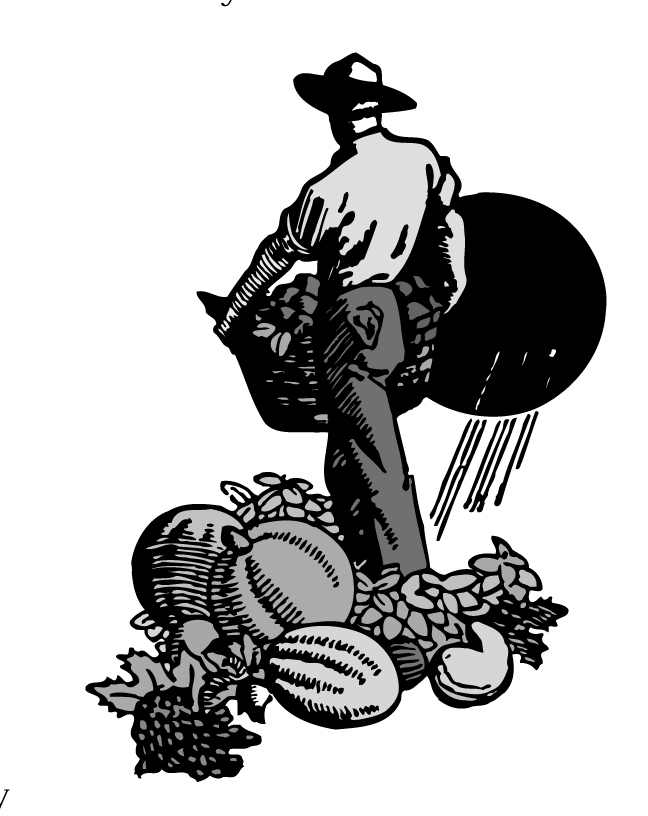For all the powers of computers, Picasso considered them useless because “they give only answers.” Isn’t one of the remaining advantages of being human that we can give questions and not just answers? The ability to spontaneously and pleasurably discover new questions is an expression of “curiosity,” which by its nature cannot be forced, commanded by another, or scheduled. We intuitively recognize curiosity as a crucial element supporting the “readiness to learn” in children and in ourselves.
Overcoming School
Although a key factor in creativity and learning, curiosity is rarely mentioned—or encountered—in the classroom or on the job. Earlier this century, the educator John Dewey said “school should be less about preparation for life and more like life itself.” Those of us who complained in high school that what we were taught had no relevance to our lives now face the absolute relevance of learning in order to make a living. Too often, though, the school of our real adult lives—the workplace—still has an aura of oppression.
Despite the supposed “intrinsic pleasure” of learning, we usually settle for the extrinsic rewards of salary and career advancement and forgo the rest. But this cheerless learning is merely another kind of labor; a courtship without passion, forced by the arranged marriage of another’s interests with our time and effort. However, when we brush against our own interests, our hearts and minds race faster. Nevertheless, many organizations undertake learning initiatives in the tradition of schooling, without giving workers the imprimatur to savor its guilty pleasures.
But, as our rapidly evolving economy increasingly demands that we use our minds rather than our muscles, we can hardly afford not to understand this passion for knowledge and embrace it, especially in the workplace. The leading edge of knowledge, curiosity can accelerate breakthroughs in productivity and performance like few other forces. When workers become curious, they suddenly have an immediate and truly personal stake in the process of discovery. Explicit recognition of the value of curiosity to an organization’s progress is a declaration of every worker’s capacity to catalyze change.
Signature Questions

Yet, it’s possible to read many of the major works in the field of organizational learning without ever coming across the word “curiosity.” Is something important missing here, or is the word’s absence merely trivial?
What we really want our “learning organizations” to do is create new knowledge. If this is our aim, then we must forswear our usual re-mixing of what is already known. Nor can we rely on external resources to tell us what we should be curious about. To create new knowledge, we must discover the signature questions of our organizations—those that we are uniquely able to ask, that are at the same time expressions of everything we already know and everything we don’t know. These signature questions are at the very heart of the knowledge creation process, and they are the engine for “curious organizations.”
Growing Curiosity
From this perspective, if the leaders of the knowledge economy are to resemble gardeners rather than charismatic heroes, as suggested by Peter Senge in an interview in Fast Company, then they should think of their organizations as curiosity “farms.”
To that end, if we refashioned our learning organizations into “curious” organizations, what would they look like? How would they function? What would happen if we assembled a “curious team” and gave it room to develop a refined sense of its own kind of knowledge-creating process and the independence to manage that process according to its needs? Would a curious team work together differently and produce different outcomes than a learning team? How might such outcomes be used to advance our organization’s mission or improve its bottom line?
YOUR THOGHTS
Rod Williams is a clinical psychologist curious about knowledge-creation processes in human systems. He is also the marketing and e-commerce manager at Pegasus Communications.
